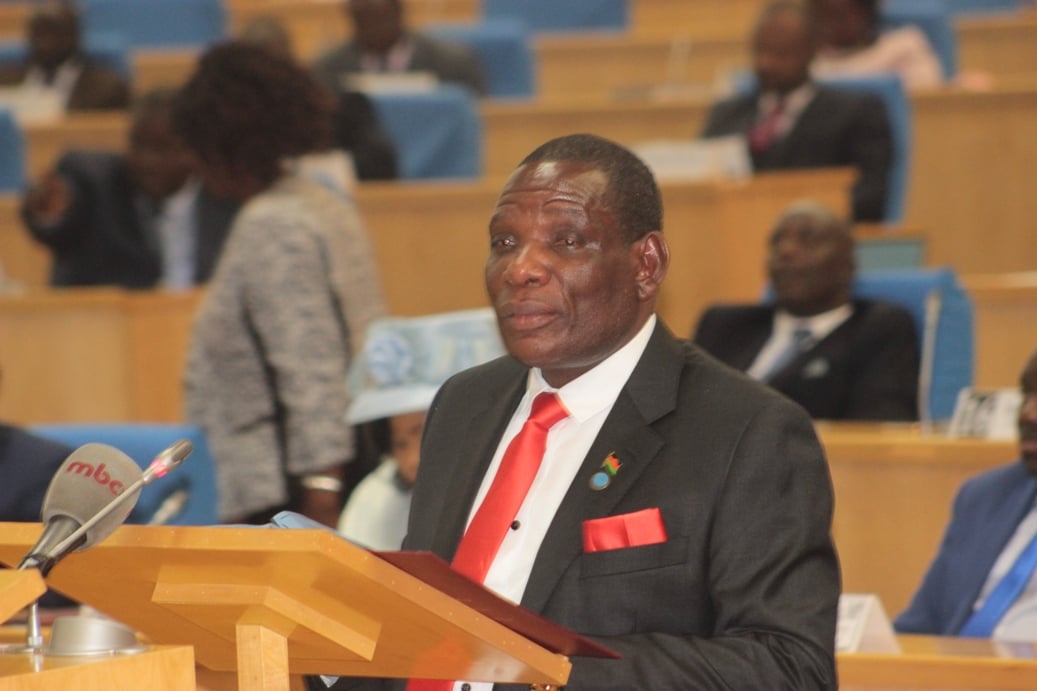Copyright The Boston Globe

A massive, unprecedented, and misguided tax increase at this time would exacerbate the uncertainty that has left the Business Confidence Index compiled by Associated Industries of Massachusetts, the statewide business association I lead, in pessimistic territory for the past eight months. Massachusetts is already ranked 43d of 50 states on the Tax Foundation’s State Tax Competitiveness Index, and this would dampen much-needed investment and make the Commonwealth a less competitive environment for growth. The details of the debate are mind-numbing, but the consequences will affect every working person in Massachusetts. House Bill 3110/Senate Bill 2033 seeks to increase from 5 percent to 50 percent the amount of offshore profits subjected to state tax on “global intangible low-taxed income,” known as GILTI. The GILTI tax applies to US companies that own more than 50 percent of a foreign corporation. It aims at income earned from “intangible assets” such as copyrights, patents, licenses, trademarks, and other intellectual property. Under current tax law, Massachusetts companies pay more in state GILTI taxes than companies do in 29 other states. The state, under guidance from the Department of Revenue, treats GILTI income the same as New York, Connecticut, and New Jersey by allowing for a 95 percent deduction of GILTI profits, and leaving 5 percent of GILTI profits as taxable. The proposed tax increase would cause significant harm to business with relatively little benefit in return. A recent DOR analysis suggests that the Massachusetts GILTI bill would generate incremental tax revenue of between $106 million and $151 million annually — a small percentage of the state’s $60.9 billion fiscal 2026 budget, but a major revenue hit to companies that do business overseas. One AIM member in the manufacturing sector said the change would more than double the company’s Massachusetts tax liability; another anticipates an increase of more than 60 percent. Employers that face increased costs in Massachusetts may cut back on hiring and investment to save funds or send a message by reducing their footprint in Massachusetts and expanding elsewhere. We’re already seeing the evidence of a state economy increasingly impeded by the high cost of everything from taxation to energy to transportation: The Massachusetts Taxpayers Foundation recently reported that private employment growth has stalled in Massachusetts, with the Commonwealth ranking last in the country after a 0.6 percent decline in private-sector jobs from 2023 to 2024. The same report finds that Massachusetts last year had the third-highest health care costs paid by employers in the nation — dropping from 36th in 2024 to 48th in state rankings. Premiums grew by 19.9 percent — more than $1,000 per employee — to $7,494. CNBC currently ranks Massachusetts 49th among the 50 states for cost of doing business and 42d for business friendliness. Total non-farm employment increased just 0.2 percent from August 2024 to August 2025, and the state unemployment rate of 4.8 percent is significantly higher than the national rate. From 2020 to 2024, the state’s private-sector, per-capita real economic output increased by 11.9 percent, far less than the US average of 13.3 percent. It was also substantially less than New Hampshire (14.8 percent), Texas (15.9 percent), and Florida (17.2 percent). Consideration of the GILTI bill is particularly troubling to employers, since business leaders and AIM have recently collaborated with the Legislature and the Healey administration on several landmark measures to address economic competitiveness. The proposed GILTI bill would set back our mutual commitment to economic progress. The proposal mistakenly presumes that business must somehow be responsible to help the state backfill its budget in the wake of federal funding reductions. The reality is that Massachusetts businesses face the same sort of financial uncertainty that confronts everyone in the state. Asking employers to make up the difference when they are trying to keep the lights on and keep their employees working is anything but fair. The 3,400 member companies of Associated Industries of Massachusetts understand their obligation to work with state leaders to ensure that the Commonwealth remains an attractive place to live and work. We believe that the Massachusetts Legislature and Governor Maura Healey’s administration share that commitment. We look forward to collaborating on a sounder path forward than an ill-considered GILTI tax increase.



